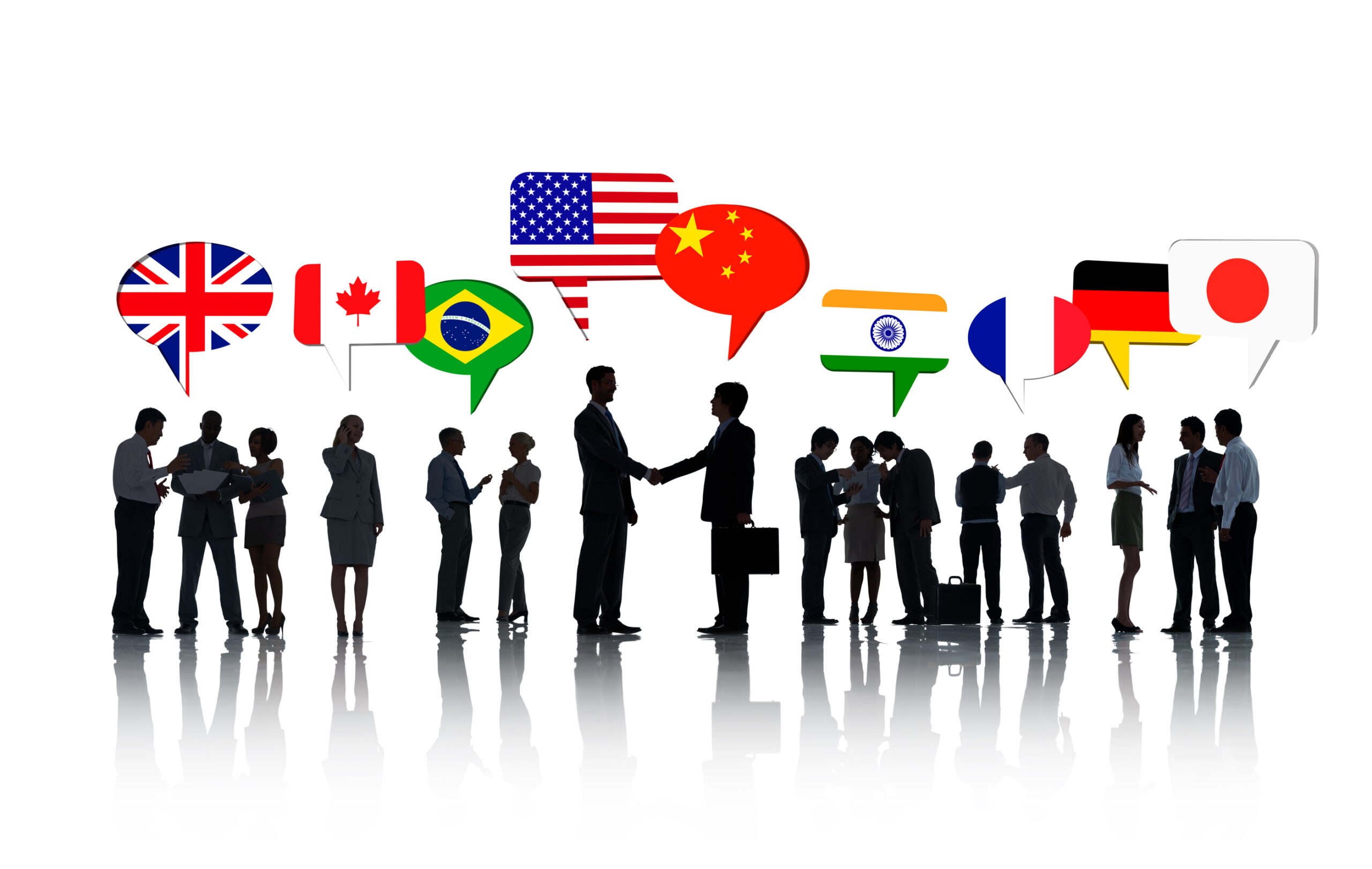If you are planning to expand your business globally, you must have knowledge of some of the global languages. It will help you to communicate better with your partners. Also, it will help you understand the market requirements and the needs of your consumer base.
With a global audience, the potential of growth for your business will be quite high. Thus, you must be well-versed with some of the global languages. If you are looking for a trainer to help you learn the language, Check out Language Trainers here to know more.
A mystery is our innate capacity to understand and communicate. Languages seem to be a mystical tool that happens to be embedded in the fabric of reality. Humans have made use of languages not only to speak about human constructs and day-to-day life, but they’ve simultaneously formulated a language to understand the universe itself.
Mathematics originated with the creation of numbers. What started as a language to create a quantitative base for measurement, for example, People needed to know what to denote the quantity of a single apple. So this number became ‘One.’ As the quantities in nature were innumerable, people needed more numbers to convey more abundance, and hence the number system was created.
Today, mathematics is used to explain almost every phenomenon in nature and is regarded as the language of the universe.
Let’s look at how languages today are a focal point in business deals, not just between two people but also two countries.
Languages In The Business World
Language since the Renaissance period and even before it began to take shape into more productive activities than just art. The language was a force of nature on which depended, the livelihood of many people. A pivotal moment in history to serve as an example is Vasco Da Gama discovering the country of India. On May 20th, 1498, after a long journey around Africa’s cape of good hope, Vasco Da Gama finally reached Calicut, India.
This was a massive revolution for European nations as this facilitated trade between Europe and India now. Language is a critical factor in doing BusinessBusiness as it helps you to make trade more than. It enables you to connect and form a bond. This is why companies refer to their customers as their family, as that word creates a sense of trust and understanding.
In the present day, there are many languages spoken around the world and in the business sphere as well. Let us now take a look at the top languages that are used in the business world.
Languages For Business

There are a lot of languages that are used in the world of BusinessBusiness. But some of them stand out due to their native country’s scope. For example, if a single country does Business with most of the world in comparison to the rest, it would make sense to converse with the language used by that country while dealing in Business. The top languages used in the business world today are:
1. English
The language spoken most widely worldwide, English is the basis for most business deals and transactions that exist in today’s world. Over 1.3 billion people speak English worldwide, and over 700 million people speak it as a native language.
Computer programs and software are designed in English, so there is a high dependency on this language on the internet. In addition, English spread across the world during the Victorian era and British colonialism, where Englishmen settled on lands not native to them.
Here, they established colonial outposts and harvested resources to fuel wars, and furthered their colonial power. During this period that natives under the colonial regime began to learn English and then, later on, made it an official language even after independence from the British.
2. Arabic

Arabic is a beautiful Islamic language that you might have heard from the original Arabian nights. It is mainly spoken in the Middle East regions where countries like the UAE, Bahrain, Iraq, and Abu Dhabi.
They are an Islamic cultural hotspot with one step into the future and one leg into the past, meaning a solid root into traditional values. Mostly cut off from the rest of the world for an extended period, Arabic now is spoken by a vast number of people in millions across the globe. This is due to trade and commerce increase from middle eastern countries such as oil and gas fields that are being used to supply oil for other nations.
Presently middle eastern business people are taking a more unorthodox route and are investing in different ventures by branching out into fashion and the infrastructure sphere.
3. German
If you are involved in the technology and energy business, Germany is the country to do business with. Known for its excellence in innovation and engineering, German business tycoons are very likely to do business with you if you converse with them in their tongue.
Furthermore, German products are known for their quality, versatility and durability.
Therefore, it is only right to speak in German to forge a partnership with the Germans that goes farther and more profound than business.
4. Spanish

Spanish is one of the world’s most famous languages. Schools in North America let their students opt for Spanish to be the second language in their curriculum. Having over 460 million speakers, it is your best bet as an opener for business deals in various continents.
Not just the primary language of Spain, but is also a primary language in many other parts of the world such as South America, Mexico and even New Mexico in the United States.
A huge part of how Spanish grew across the world is due to its trade with various other parts of the world. It also has its infamous inflation spiral in the 1550’s after Spain hit the jackpot in discovering gold and silver mines.
With the abundance of silver and gold in supply of Spain, the prices rose up rapidly and descended into an inflationary spiral. This set of incidents was notoriously known all over the world in just a few weeks time because of how it affected the trade system.







